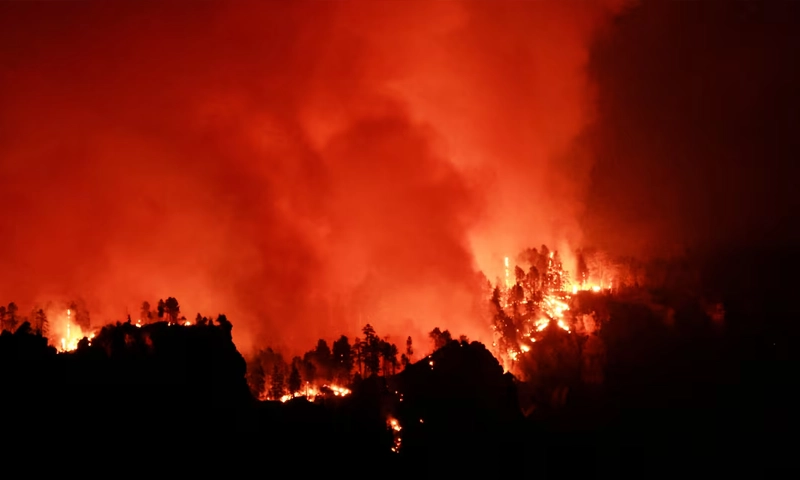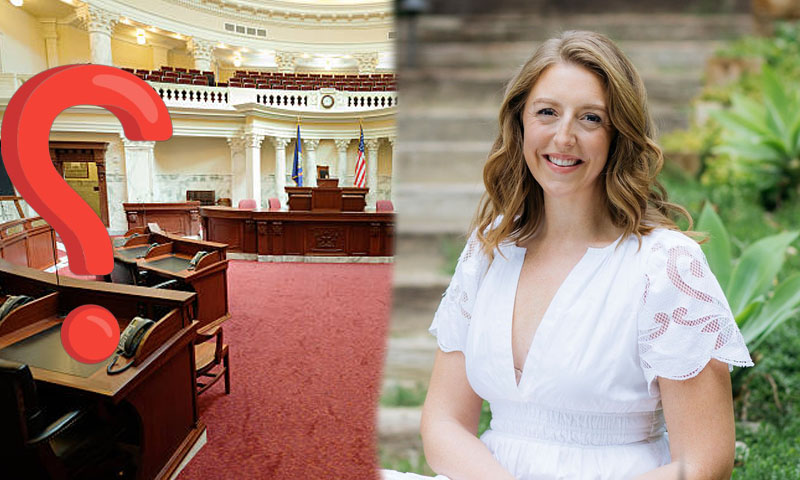- Web
- 7 Hours ago
Climate action: World Court to issue landmark opinion today
-

- AFP
- Jul 23, 2025

THE HAGUE: The United Nations’ highest court will deliver a crucial opinion on Wednesday on what legal obligations states have to fight climate change, in what is likely to determine the course of future climate action across the world.
Ahead of the ruling, supporters of climate action gathered outside the International Court of Justice, holding hand-written placards with messages such as: “Climate justice now!” and “End fossil fuels”. The protesters chanted: “What do we want? Climate justice! When do we want it? Now!”
Known as an advisory opinion, the deliberation of the 15 judges of the ICJ in The Hague is legally non-binding. It nevertheless carries legal and political weight and future climate cases would be unable to ignore it, legal experts say.
“It is so important, it could be one of the most consequential legal rulings of our times because of the scope of the issues that it touches, which run to the very heart of climate justice,” said Joie Chowdhury, senior attorney at the Center for International Environmental Law.
The two questions the U.N. General Assembly asked the judges to consider were: what are countries’ obligations under international law to protect the climate from greenhouse gas emissions; and what are the legal consequences for countries that harm the climate system?
Pakistan rains claim 245 lives, 118 children among dead
The court will start reading out its opinion at 3 p.m. (1300 GMT).
In two weeks of hearings last December at the ICJ, wealthy countries of the Global North told the judges that existing climate treaties, including the 2015 Paris Agreement, which are largely non-binding, should be the basis for deciding their responsibilities.
Developing nations and small island states argued for stronger measures, in some cases legally binding, to curb emissions and for the biggest emitters of climate-warming greenhouse gases to provide financial aid.
PARIS AGREEMENT
In 2015, at the conclusion of U.N. talks in Paris, more than 190 countries committed to pursue efforts to limit global warming to 1.5 degrees Celsius (2.7 degrees Fahrenheit).
Tourists urged to avoid Babusar Top amid severe floods
The agreement has failed to curb the growth of global greenhouse gas emissions.
Late last year, in the most recent “Emissions Gap Report,” which takes stock of countries’ promises to tackle climate change compared with what is needed, the U.N. said that current climate policies will result in global warming of more than 3 C (5.4 F) above pre-industrial levels by 2100.
As campaigners seek to hold companies and governments to account, climate‑related litigation has intensified, with nearly 3,000 cases filed across almost 60 countries, according to June figures from London’s Grantham Research Institute on Climate Change and the Environment.
So far, the results have been mixed.
A German court in May threw out a case between a Peruvian farmer and German energy giant RWE RWEG.DE, but his lawyers and environmentalists said the case, which dragged on for a decade, was still a victory for climate cases that could spur similar lawsuits.
Rainfall in Punjab: traffic police, provincial govt on high alert
Earlier this month, the Inter-American Court of Human Rights, which holds jurisdiction over 20 Latin American and Caribbean countries, said in another advisory opinion its members must cooperate to tackle climate change.
Campaigners say Wednesday’s court opinion should be a turning point, even if the ruling itself is advisory.
The ruling could also make it easier for states to hold other states to account over climate issues like pollution or emissions.
“The court can affirm that climate inaction, especially by major emitters, is not merely a policy failure but a breach of international law,” said Fijian Vishal Prasad, one of the law students that lobbied the government of Vanuatu in the South Pacific Ocean to bring the case to the ICJ.
Record heat in China strains power grid, stirs health fears
Although it is theoretically possible to ignore an ICJ ruling, lawyers say countries are typically reluctant to do so.
“This opinion is applying binding international law, which countries have already committed to,” Chowdhury said.




